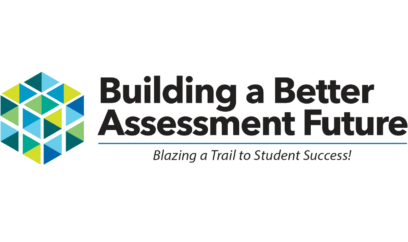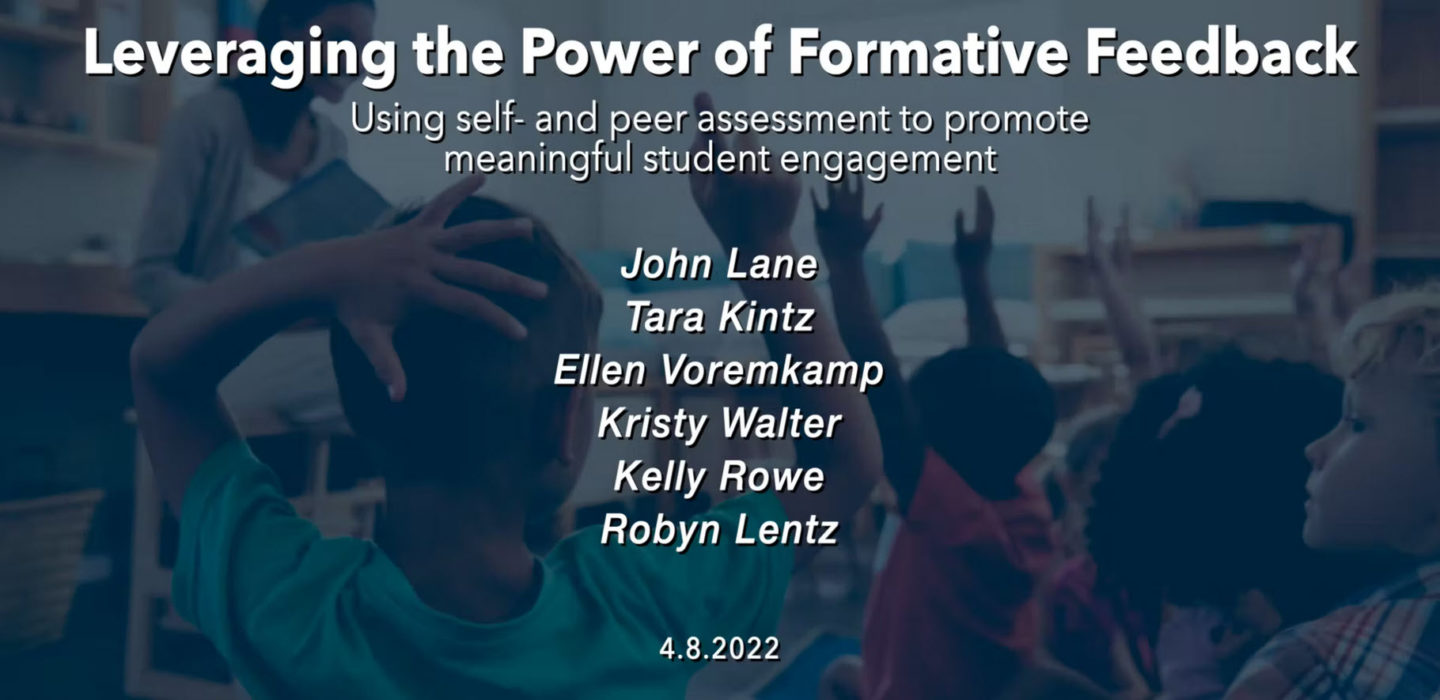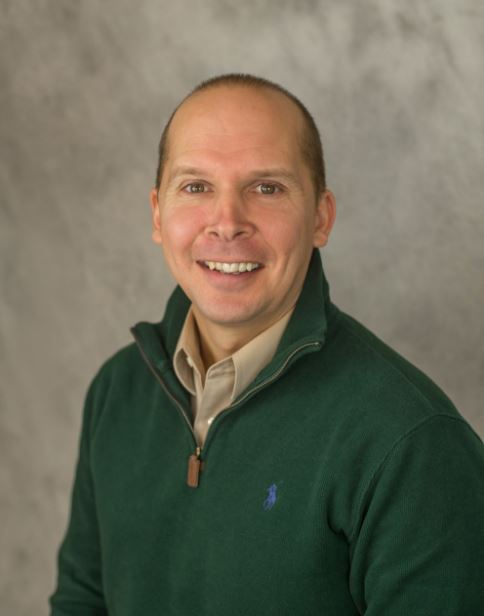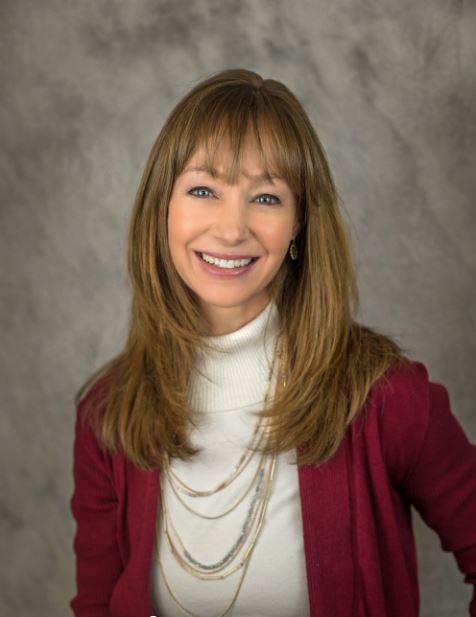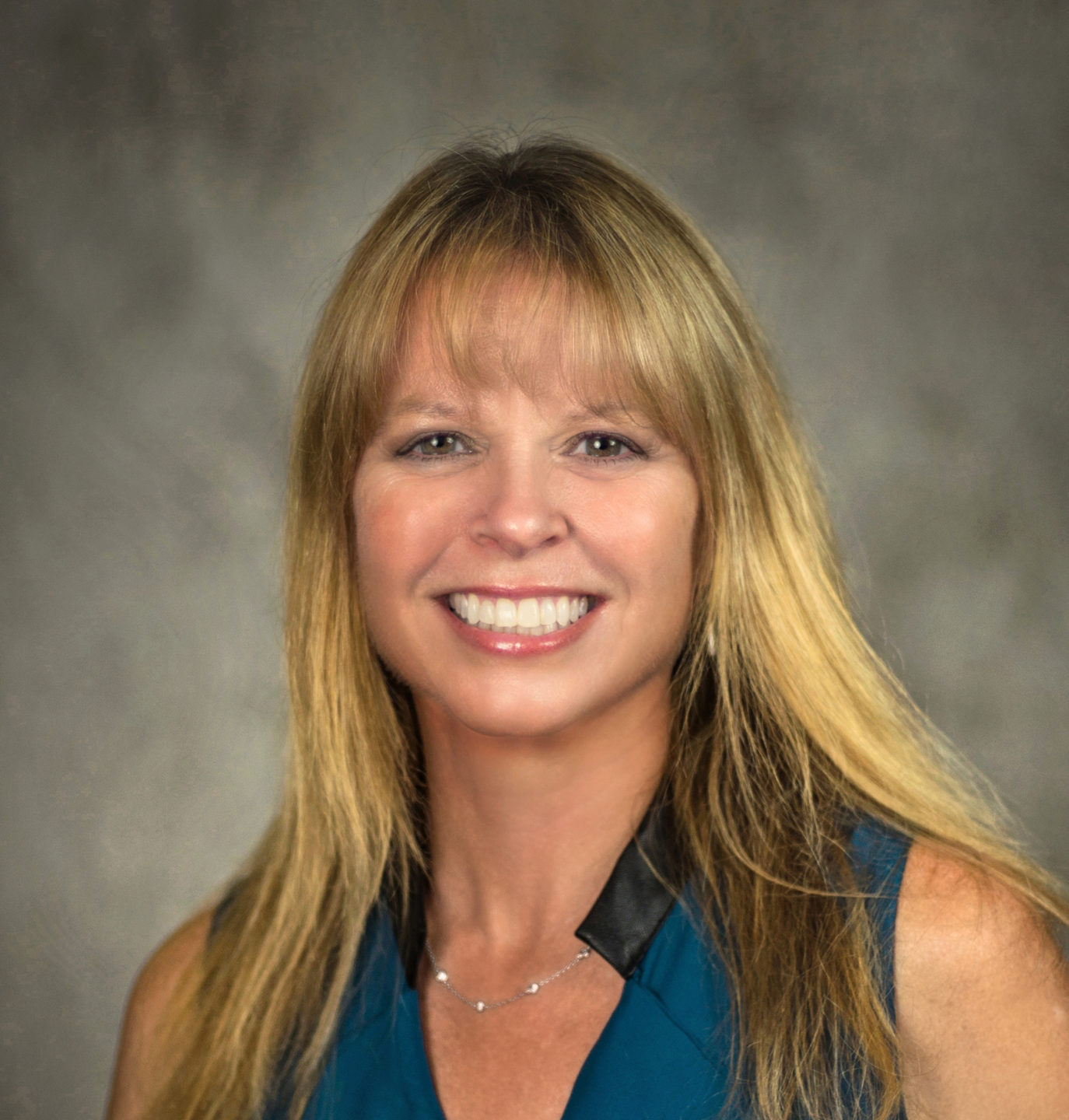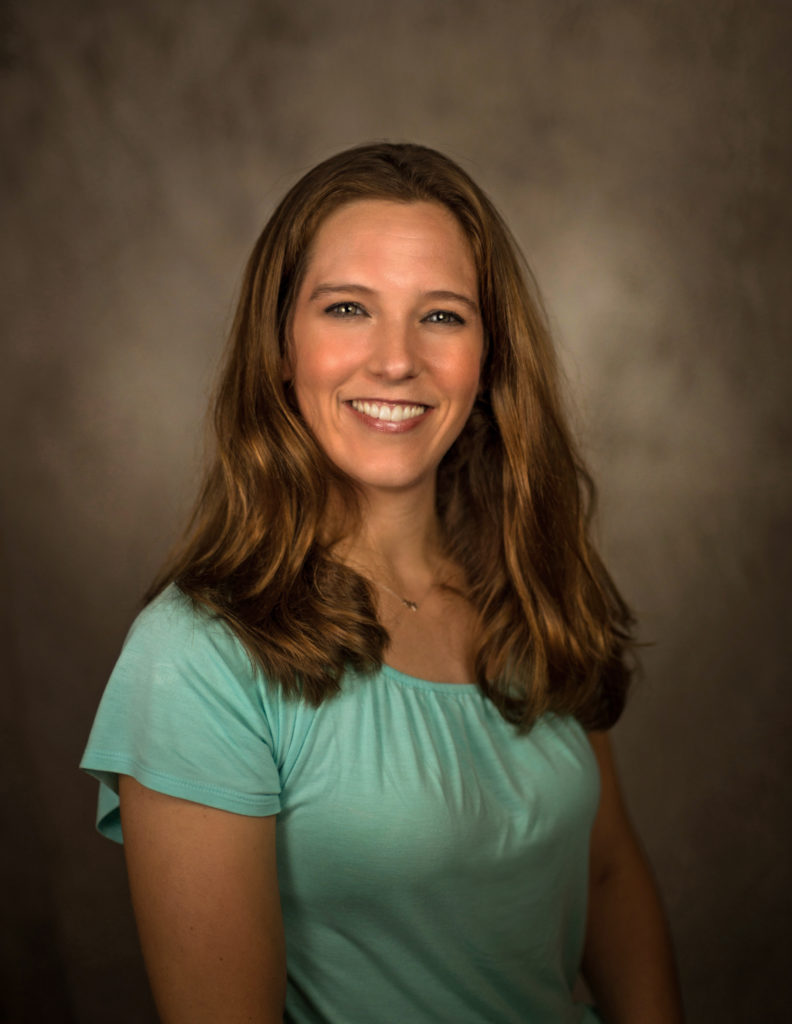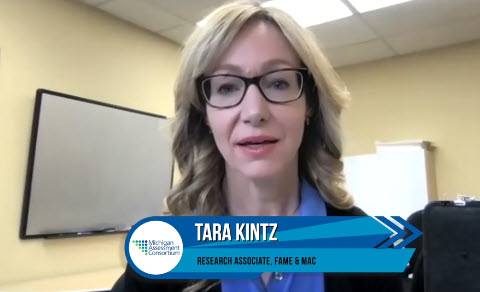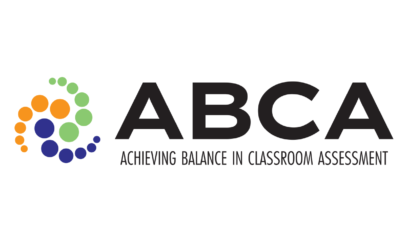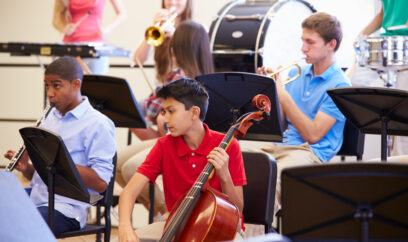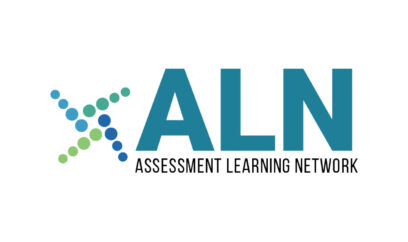The theme for the 2021-22 Assessment Learning Network is leveraging assessment to achieve equitable access and outcomes for all students through an emphasis on assessment practices most relevant to students’ efforts to increase their own learning.
Many educators are interested in learning more about the power of formative feedback via self- and peer assessment. This interest stems from the fact that quality self- and peer assessment have many lasting benefits. Students who can accurately peer assess are more likely to demonstrate improved academic performance across different grade levels and subject areas (Harris & Brown, 2013) and to take greater responsibility for their own learning (Cyboran, 2006). Self- and peer assessment helps initiate a cycle of motivation and engagement in which students become more proficient with their skills, more competent in their learning, and more confident in their ability to self- and peer assess.
Self- and peer assessment also promotes student success by helping them accurately reflect on their own performance as they learn. Students see how well they are doing and understand what they need to do to improve their performance or to achieve the learning target. These students can also reflect on the work of peers, and if asked, can provide useful feedback to peers that will assist them as well. Therefore, self- and peer assessment are important for students’ self-directed learning and study skills, which in turn motivates them to engage more deeply in their own learning. And yet, despite the interest, enthusiasm, and evidence of effectiveness, self- and peer assessment are not common features of most classrooms.
With this framing context in mind, this ALN session engages researchers, assessment experts, and practitioners in exploring the benefits and challenges of engaging students as resources for themselves and each other through self- and peer assessment. The presenters of this ALN session will analyze research, highlight professional learning resources, and provide classroom examples of self- and peer assessment that enable students to demonstrate increased agency in their learning. Specifically, presenters will use the following guiding questions to focus the presentation:
Questions Framing this Session
- What are the key features of self- and peer assessment?
- What does research suggest about the impact of self- and peer assessment?
- What is the role of self- and peer assessment in the formative assessment process?
- What does evidence suggest about the prevalence of self- and peer assessment in classrooms?
- What classroom conditions must be present in order for self- and peer assessment to be successful and how do teachers promote these conditions?
Presentation Video
ALN Presentation: Leveraging the Power of Formative Feedback
Presenter: John Lane
John L. Lane works as an Research Associate for the Michigan Assessment Consortium. John worked as a teacher, professional development facilitator, and site administrator in California before coming to Michigan State University in 2010, where he earned a Ph.D. in Educational Policy. His research interests include the qualitative study of policy and reform implementation with a particular focus on principal leadership. He has recently published in the American Educational Research Journal, Leadership and Policy in Schools, Teachers College Record, The Journal of Educational Change, and the Elementary School Journal.
Presenter: Tara Kintz
Tara works as Research Associate for the Michigan Assessment Consortium on education initiatives to promote student centered learning and assessment literacy. Tara has a background of over 20 years working in education as a teacher, instructional coach, administrator, facilitator of professional development, and researcher. She has a Ph.D. in Educational Policy with a focus on Educational Leadership from MSU; teaching credentials with certificates in Special and Bilingual Education. Kintz has published articles on teaching, student engagement, educational leadership, and professional learning in peer-reviewed journals. She has also developed policy briefs and practitioner-focused resources for educators. She is currently working on research and the development of resources and program materials to give educators the tools they need to effectively implement the formative assessment process.
Presenter: Ellen Vorenkamp
Ellen Vorenkamp currently serves as an Assessment Consultant at Wayne RESA, where she provides consulting and presentation services to Wayne County schools and districts on the topics of Assessment Development, Balanced Assessment Systems, Formative Assessment Process, and Use of Evidence to Impact Student Learning. She is the owner of MKJ Educational Consulting, LLC, which provides professional learning opportunities and consulting services to schools and districts outside Wayne County. She also serves as an adjunct professor at Concordia University. Ellen earned a Bachelor of Science degree in secondary education from Baylor University, a Master of Arts degree in curriculum from Lesley University, and an Education Specialist and Doctoral degree in educational leadership from Eastern Michigan University.
Presenter: Kristy Walter
Kristy works as a district formative assessment coach for Corunna Public Schools and is a LEAD for the Formative Assessment for Michigan Educators (FAME) Project with MDE. She has been working at Corunna Public Schools for seventeen years, both as a special education teacher and district coach. She has a BA in elementary education with endorsements in English Language Arts and special education learning disabilities and emotional impairments. She has an MA in special education, an SpA in special education administration with supervisor and director approvals, and K-12 administration certification. She has an EdD in educational leadership with a focus on curriculum and instruction. She enjoys learning about the acquisition of foundational skills in reading and math and is a strong advocate for students. She is a lifelong learner and loves working with students and adults on their journey toward embedding the formative assessment process in the classroom.
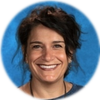
Presenter: Kelly Rowe
Kelly is in her 27th year in education. She started this journey as a 3rd grade classroom teacher before a fine arts position became available in a neighboring school district. She has been teaching fine arts for 22 years in Corunna. She has worked with students in this role ranging from kindergarten through 7th grade. She feels blessed to have built and co-taught the fine arts program with Robyn Lentz. They worked to write and develop the curriculum involving drama, music, dance, and visual art. This not only involved classroom work but programs touching on all areas of the arts for students to perform for their families.
Kelly has assisted with several of the middle school drama performances working on costumes, sets, cast parties as well as backstage. She was actively involved in the local theater for many years in various roles as well as serving on their production board. While in Corunna, she has served on the PTO as vice president and president. Kelly resides in Corunna with her husband Chris and children Blake and Marissa.
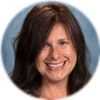
Presenter: Robyn Lentz
Robyn Lentz has had the opportunity to work with every grade in her thirty years of teaching. After graduating with a specialization in Heterogeneous classrooms from Michigan State University, Robyn was lucky enough to be invited to participate in a multiage teaching program within the public school system. After four years, Robyn was able to find a position in which she could use her fine arts major to create a K-5 curriculum in which all four arts (music, dance, drama and visual arts) would be taught on a bi-weekly basis. Eventually, she moved to Corunna Schools where she met Kelly Rowe. Together they went to work creating the scaffolding for a balanced fine arts program that built upon concepts taught each year for all elementary students. This program was extended into the middle school in the past several years. Ms. Lentz was able to also teach studio art for 7th grade and provide a science/ art hybrid class that focused on critical thinking and problem solving.
During this time, Robyn started working with Dr. Walters in the art of formative assessment. Through Dr. Walters’ guidance, Robyn has had the pleasure of enhancing and refreshing her teaching techniques later in her career. She is now on to a new adventure teaching using the formative assessment process in high school art.
Ms. Lentz has also been directing middle and high school drama for the majority of her teaching career. She also is a local coordinator for exchange students with Greenheart Exchange. She and her husband, Bill, also a teacher, live in Owosso with their 14 year old daughter Mia and three rescue dogs. She also has two grown children and a brand new son in law. Robyn and Bill enjoy adventuring with family whenever they get the chance.
